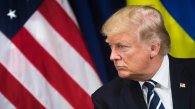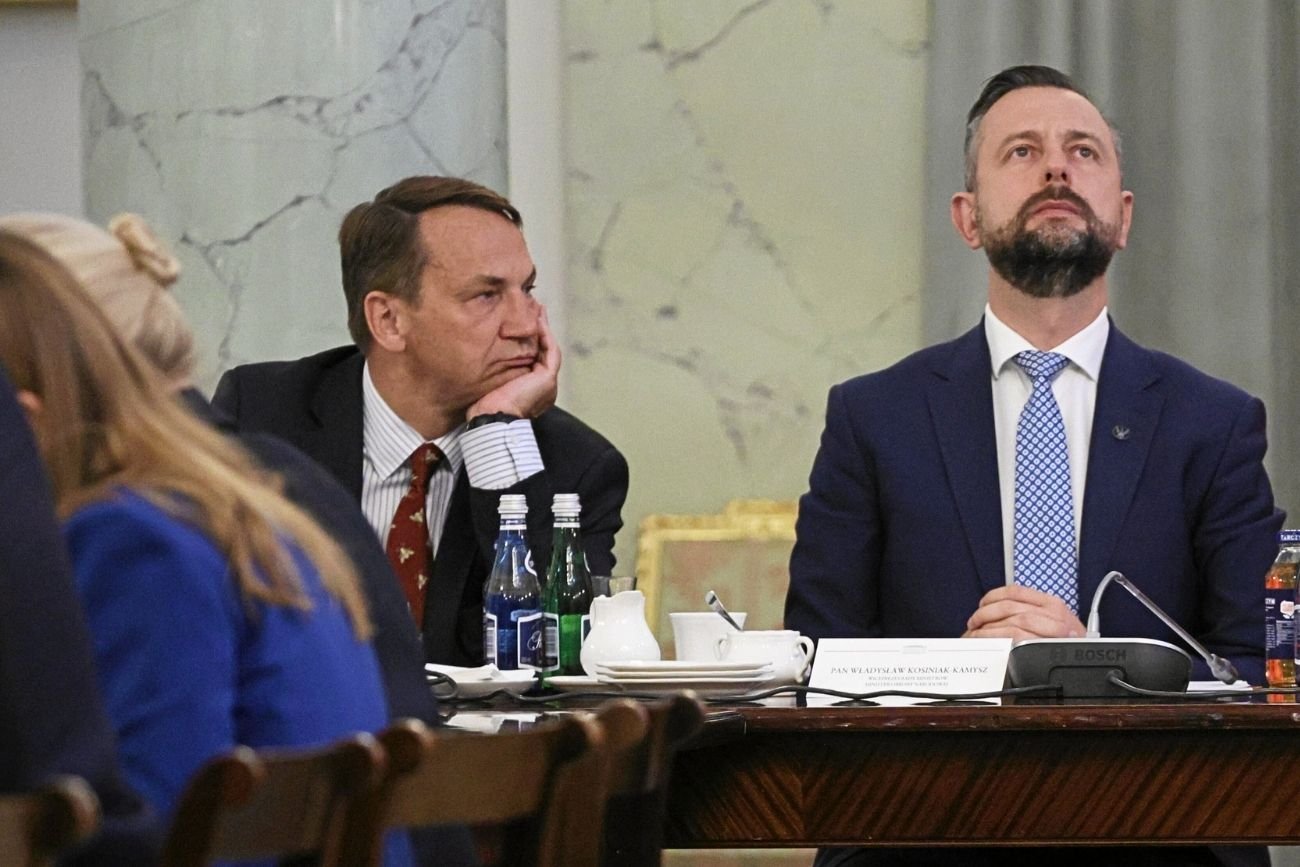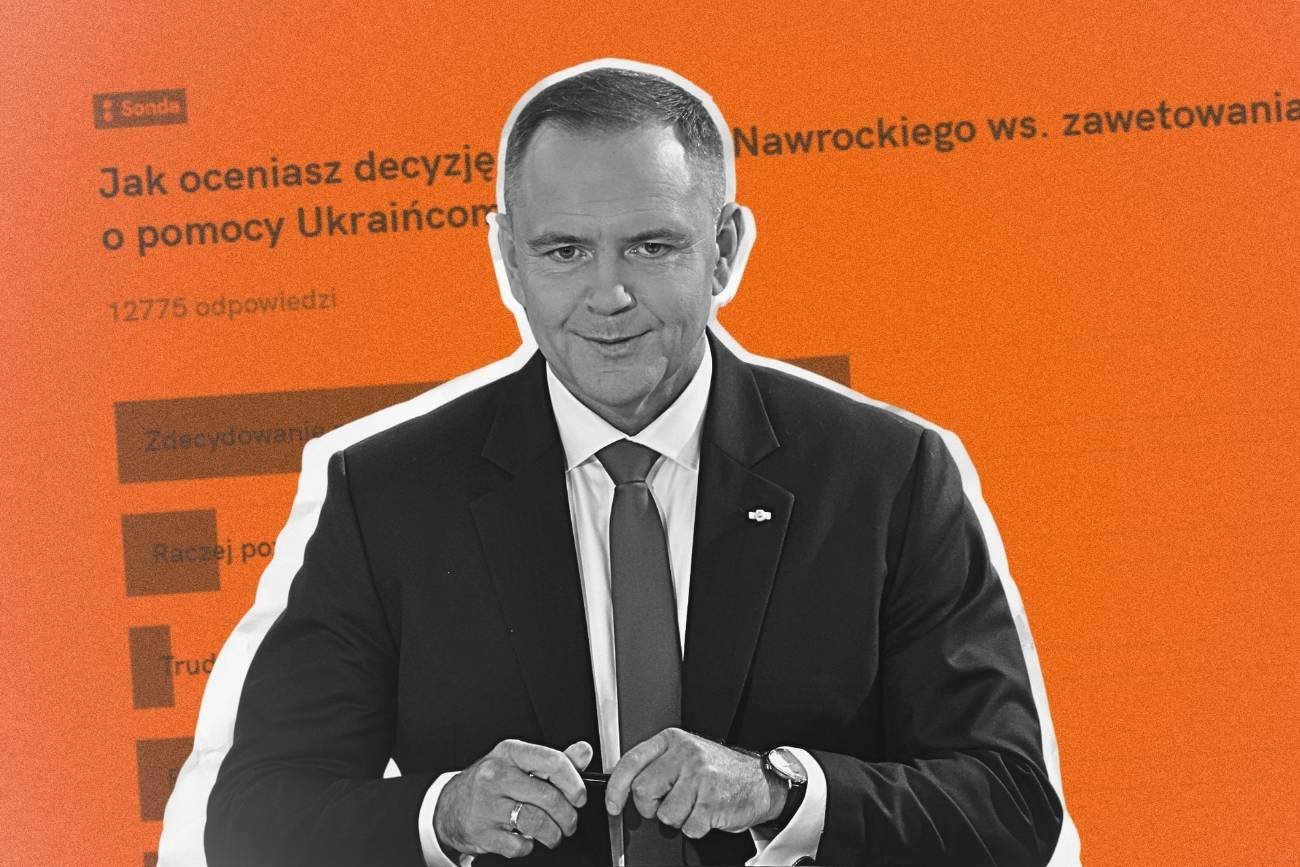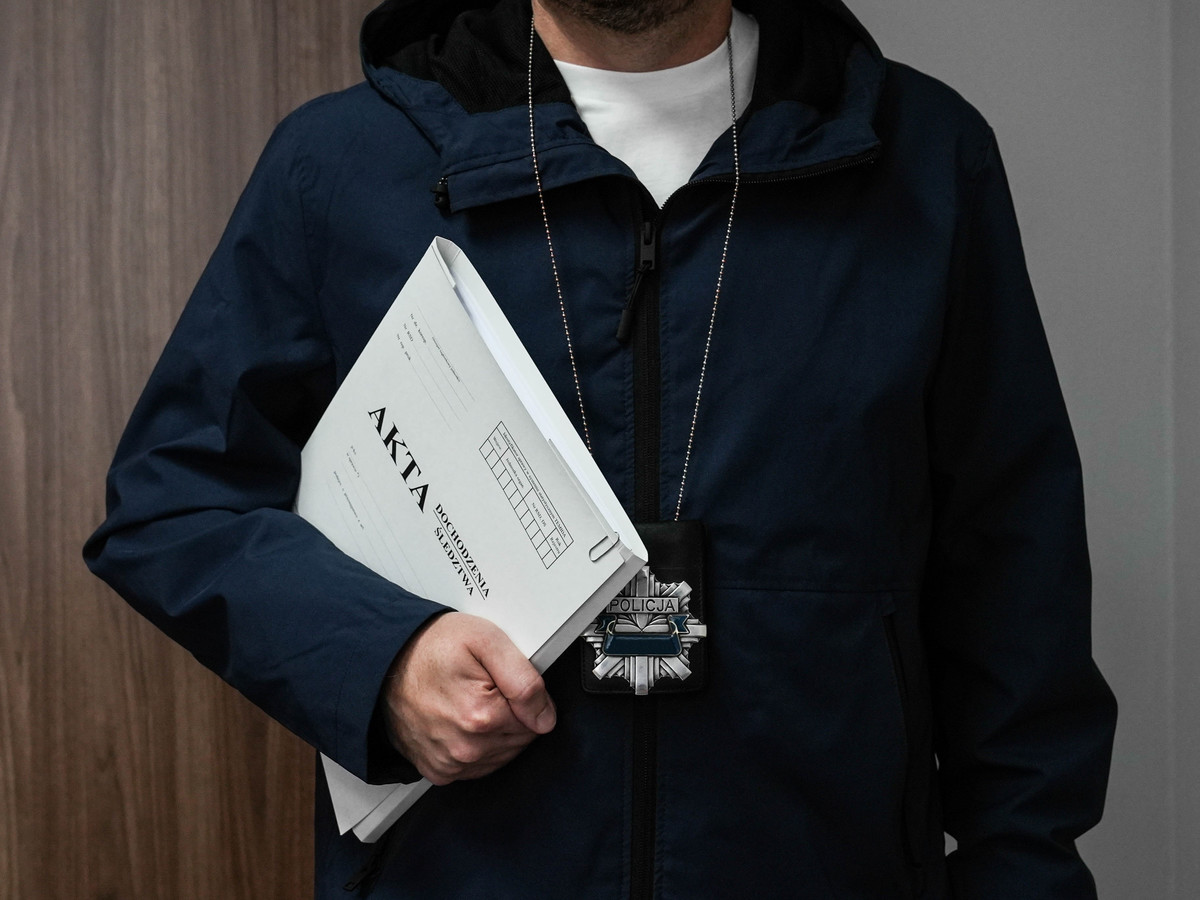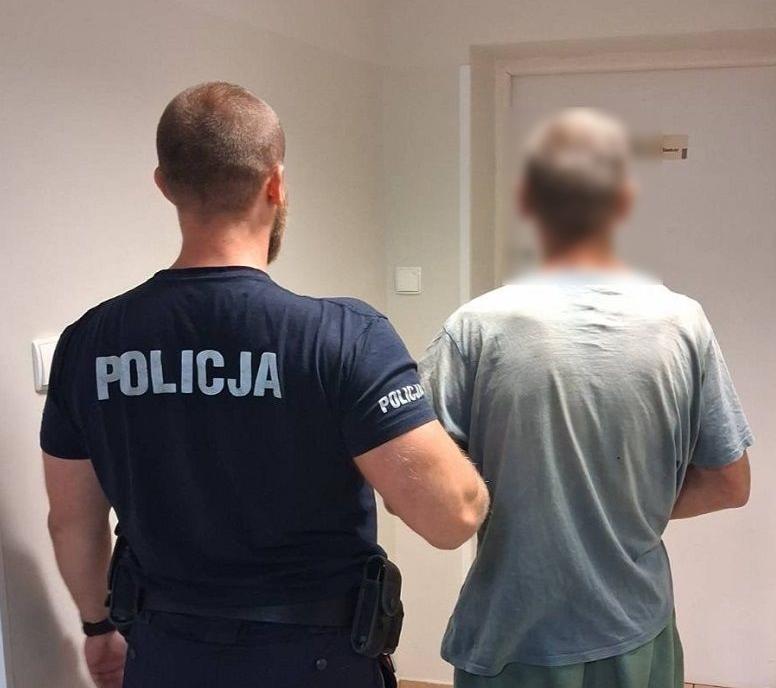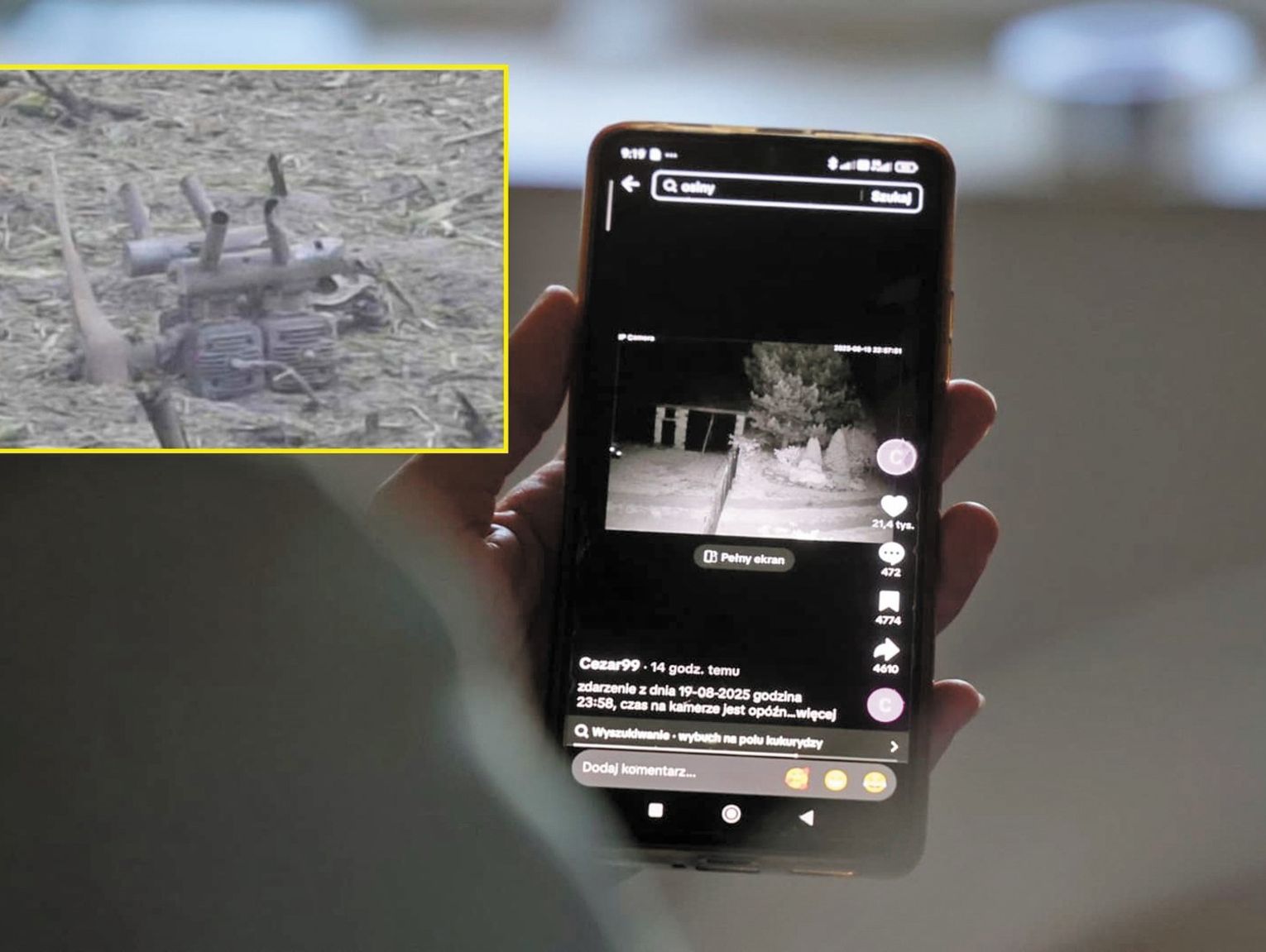When Ursula von der Leyen faced the European Parliament to "defence" herself before the first vote of distrust against the president of the European Commission in a decade, she did everything possible to avoid the most crucial topic. Not erstwhile did she mention the judgement of the Court of Justice of the European Union which ordered her to disclose private correspondence with the Director-General of Pfizer Albert Bourla. In return, we received a festival of contempt, avoidance and division – precisely what Europe already has.
The Pfizergate case is not about ideology, but about the foundations of democracy. Von der Leyen conducted undocumented negotiations on the acquisition of hundreds of millions of doses of vaccines on behalf of the European Union as a whole, without mandate, without transparency, without parliamentary consultation. Moreover, for months now, it has refused to make the texts available, which, as the Court itself stated, constitute authoritative papers and are subject to publication. However, von der Leyen decided to pretend that there was no case.
Instead of facing real accusations and a legally binding sentence, she began her speech with a frontal attack on debate initiators. They fell strong, though completely disconnected from the merits of the accusation:
"This is taken from the oldest extremist textbook: polarizing society and erosion of assurance in democracy by false claims of manipulating elections and attempting to compose past again."
For von der Leyen, questions about transparency, control and work are “trying to divide institutions”. Criticism of the Commission's actions? An extremist conspiracy. Concern over democracy? "Putin narrative". Anything but answer.
"There is simply a choice here: we can follow Mr Piperea in his planet of conspiracies and alleged dark intrigues of Brussels, or we can call it what it is: another effort to drive a wedge between our institutions, between the pro-European and pro-democratic forces of this Parliament. And we cannot let that.”
In this way, the president of the Commission has successfully escaped from responsibility, bringing debate to stories of bad populists and good European elites. It did not explain why it did not comply with the TEU judgment. She didn't give a agenda to disclose the correspondence. She didn't even regret it.
“Of course, I contacted the most crucial companies, but nothing was set in secret, and the proposition that contracts were inappropriate is simply wrong.”
This is the only mention she has made to the subject, which should be the axis of the full debate. But not a word about it, a containing text messages, when will be published, nor Why The Commission is hiding them. alternatively of arguments, innuendos. alternatively of answers – invectors.
The culmination of her speech was the declaration of the alleged civilian War:
“We entered the era of the conflict between democracy and illiberism... supported by puppets from Russia and not only.” – “It is simply a movement driven by conspiracy theories – from anti-vaccinationists to Putin apologets.”
If individual is trying to “write past again” today, they are not Members demanding compliance with the law, but the head of the Commission, who prescribes the pandemic as 1 large success story. There is no area for questions, checks or transparency in this narrative.
"This is simply a Europe of solidarity that I love and which extremists hate! And this is simply a actual pandemic story. We should all be arrogant of it and not let extremists compose it again."
In consequence to these words, the cry of “The Liar!” came from the area and the atmosphere in Parliament became an open conflict. However, the parliamentary majority ensured that critical voices did not sound besides loud. Only 1 talker from each political group was allowed to debate, breaking the interior rules of the EP. AfD MP Christine Anderson openly accused Robert Metsola of violating democracy. Metsola didn't respond.
On the left side, an open war broke out. Iratxe García (S&D) accused EPP president Manfred Weber of flirting with conservatives, who allegedly made it possible to file a motion for a vote. But Garcia did not spare von der Leyen herself either:
“And you, Mrs von der Leyen, do not turn around!”
García accused the head of the Commission of betraying its own obligations on climate government and announced a "resistance" of socialists if it again bows against the force of the EPP. This shows that even the Ursula coalition is beginning to fall apart – not due to the conservatives, but due to the interior rotting of the political compromise, which no longer has cohesion or purpose.
Liberal Renew and the Greens besides announced that the Commission must "choose a page": either loyalty to a progressive centre, or "flirt with extremes".
On the right side the moods were more balanced but equally critical. Fabrice Leggeri (Patrioci) stated the following:
"Europe deserves more than silence, clandestine actions and bureaucratic authoritarianism," said the National Unity policy. "A Europe of our values is simply a Europe of freedom that respects identity, sovereignty and democratic choice."
Piperea himself, the author of the motion for a vote of distrust, could not talk – even though his paper was the subject of the debate. In his earlier published justification, he wrote:
"The undemocratic concentration of decisions in the hands of the president of the European Commission is contrary to the principles of the balance of authorities. The voice of the people is clear... We were chosen to clean up this House. As Churchill said, it is the beginning of the end.”
Unfortunately, despite the importance of the moment, most Members treated the debate as a mandatory presentation. Von der Leyen, clearly moved by the reaction of the Chamber, refused to talk again at the conclusion – which is usually a formality. She thus showed that under the surface of propaganda speech and authoritative smiles there is simply a awareness of weakness. She wasn't certain of herself anymore. She had nothing more to say.
This isn't the end of the Pfizergate case. The Commission has appealed the judgement of the TEU, which may postpone the publication of the announcement for years. But political harm has already been done. Von der Leyen chose to face alternatively of transparency. Disgrace alternatively of responsibility. And communicative alternatively of truth. This is not just how its political credibility ends. The story of the Commission as an impartial guardian of the law besides ends. If von der Leyen can ignore the judgement of the Court and block the fight against “extremism”, then any future president can do the same. And then the question is not "is Europe having a crisis of democracy?" but "is there inactive democracy?". The European Parliament's vote will take place on Thursday.

